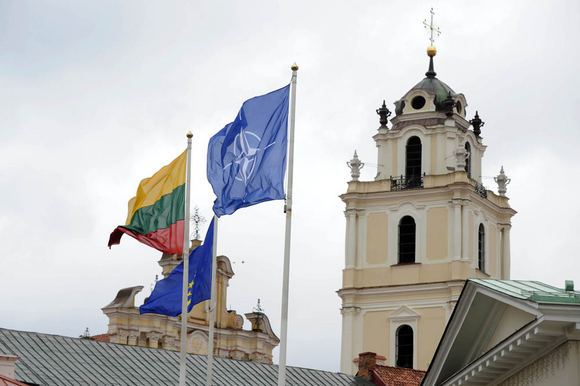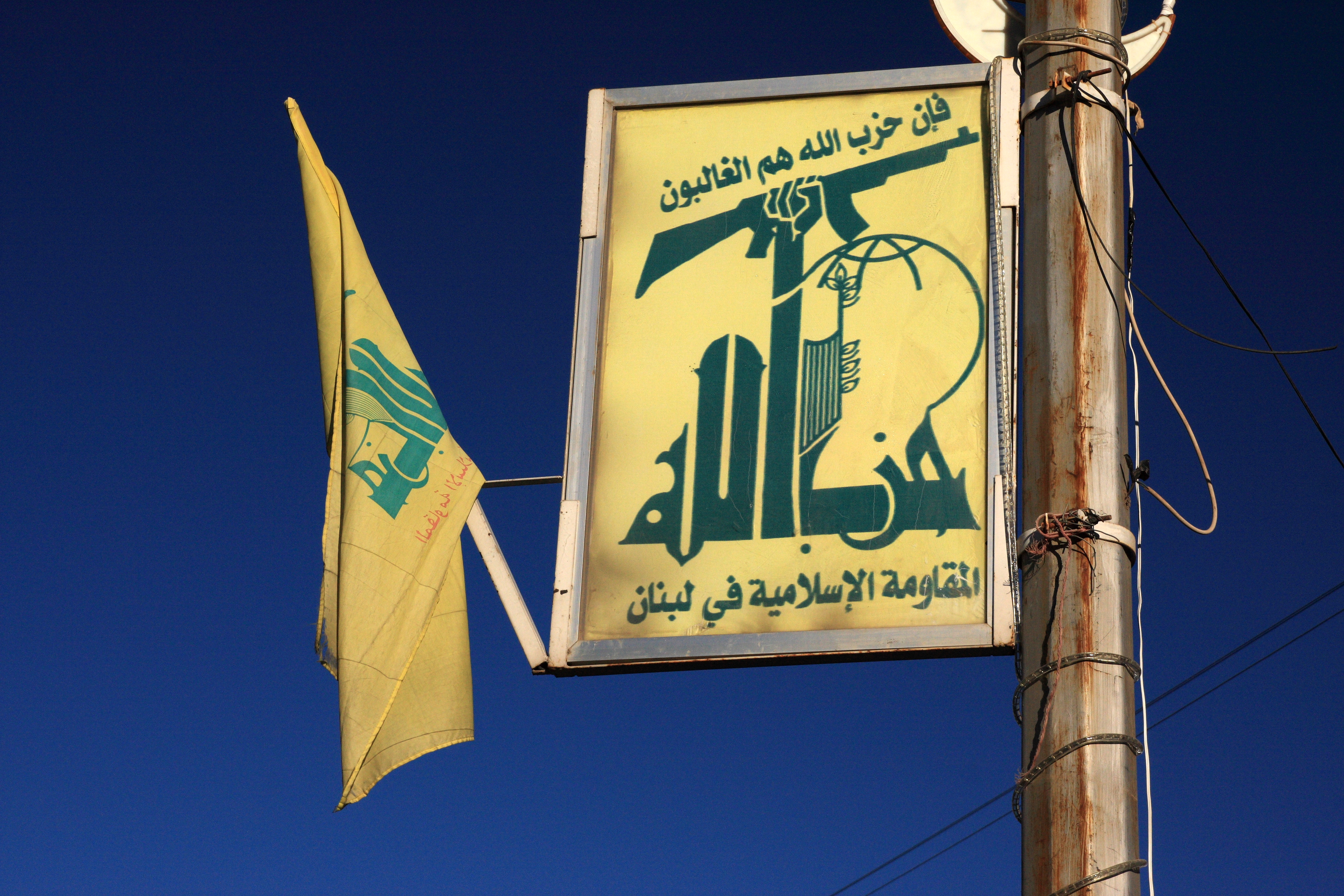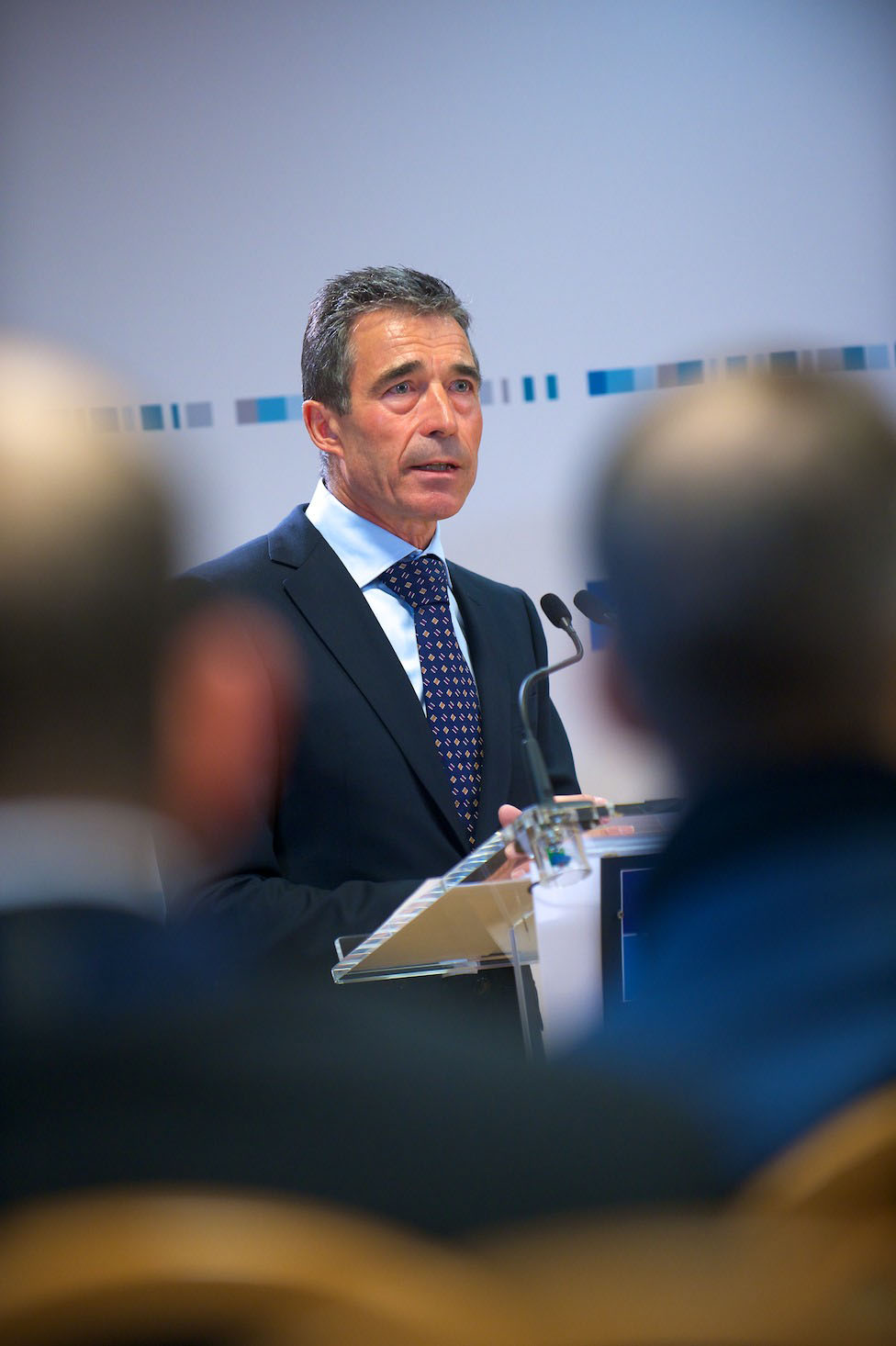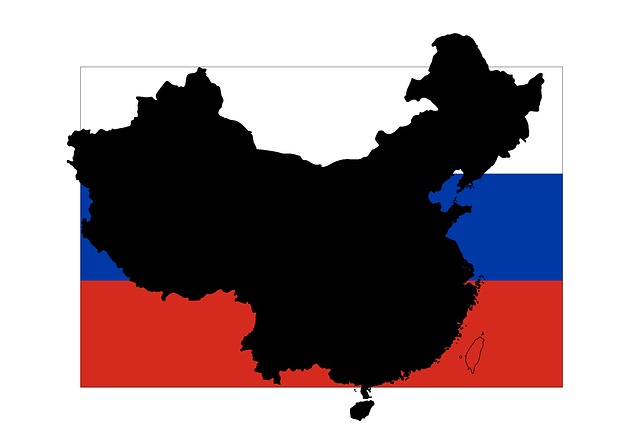Lithuania has recently made efforts towards strengthening its relationship with NATO. On July 12th 2013, Lithuania’s Minister of National Defense Juozas Olekas met with the Defense Minister of France, Jean-Yves Le Drian to sign an agreement on behalf of the Government of the Republic of Lithuania and the Government of the Republic of France on co-operation in the defense and security sectors.
On the co-operation between the two countries, Olekas said the following, “I am extremely happy about this event marking a new phase of co-operation with France, a pro-active EU and NATO member state. Both countries will continue their partnership in the EU and NATO-led missions and military operations.”
In the past, France played a very significant role in encouraging Lithuanian involvement with NATO – even before it joined the organization in 2004. France was the first NATO member to launch defense cooperation programs with Lithuania, as well as the first foreign country that supported the Lithuanian armed forces at the onset of its establishment. France is sending national military units to perform the NATO Air Policing mission in the air space of the Baltic States.
Lithuania, along with the other Baltic States, does not have the capabilities to secure its airspace without assistance from France and NATO, which has also deployed fighter jets in Zokniai airport near the city of Siauliai in order to help monitor the airspace of the Baltic States, when Lithuania gained membership into the Alliance.
France is also one of the founding nations of the NATO Energy Security Centre of Excellence in Vilnius, where a representative of France works as the deputy director of the organization. In the largest NATO exercise in the Baltic States and Poland this year (STEADFAST JAZZ 2013), the French contingent will constitute more than one fifth of the 5,000 participants.
[captionpix align=”left” theme=”elegant” width=”350″ imgsrc=”http://natoassociation.ca/wp-content/uploads/2013/08/lithuania1.jpg” captiontext=”Lithuanian President Dalia Grybauskaitė and NATO Secretary-General Anders Fogh Rasmussen”]
The importance of strengthening relations between France and Lithuania are more than symbolic for NATO’s influence in the small Baltic state. This can be understood from a formal visit to Lithuania by NATO’s Supreme Allied Commander Transformation (SACT) on the 17th and 18th of July. At this meeting, Lithuania’s representatives and SACT discussed emerging NATO challenges and points of transformation of the armed forces, along with cooperation of the allies in finding cost-effective solutions in defense areas, such as collaboration in military training, and the implementation of joint projects and missions.
NATO’s Supreme Allied Command Transformation (NATO ACT) is one of the two strategic-level commands in NATO’s command structure. It is in charge of the transformation ongoing in NATO structure and forces, enhancement of programs and military training, assessment of new strategic concepts, formulation of doctrines and policy.
Though on the surface there might not seem to be any immediate military threats for Lithuania’s eagerness to cooperate with NATO, certain events in neighboring Russia and Belarus have given ample reason for caution. There is growing suspicion that an increasing number of Russian military bases and the deployment of an entire aviation division may appear in Belarus soon, according to naviny.by, a Belapan news agency website. Though Olekas gave no particular importance to possible influence of a new Russian military base in Belarus on regional security, the risk of proxy confrontation of Russia and NATO in Belarus increases, since Minsk and Moscow consider surrounding states primarily within NATO’s sphere of influence, and Belarus is generally perceived as a proxy for Russia.
Tensions over Belarus would naturally create some unease in Lithuania, especially since the country has been taking greater steps to insulate itself from Russian influence. Where joining NATO and the European Union in 2004 were only the first steps in this process, the most recent step would be Lithuania’s intent to apply for Eurozone membership in 2014. It is quite telling that for Lithuania, in spite of the contemporary issues faced by the currency union, the rewards of membership outweigh the risks, so long as it means a stronger orientation to Western Europe and distancing Lithuania from its longtime adversary, Russia.
In sum, the close cooperation between Lithuania and NATO has proven to not only be necessary for the small state to assert its national integrity from Russia, but equally important in maintaining stability and prosperity in the near future. Suffice to say that in spite of a strong emphasis placed on NATO’s stabilizing role in Afghanistan, the organization wields a critical role in furthering national self-assurance in European regions such as the Balkans, a role that is far too often overlooked in the 21st century.




